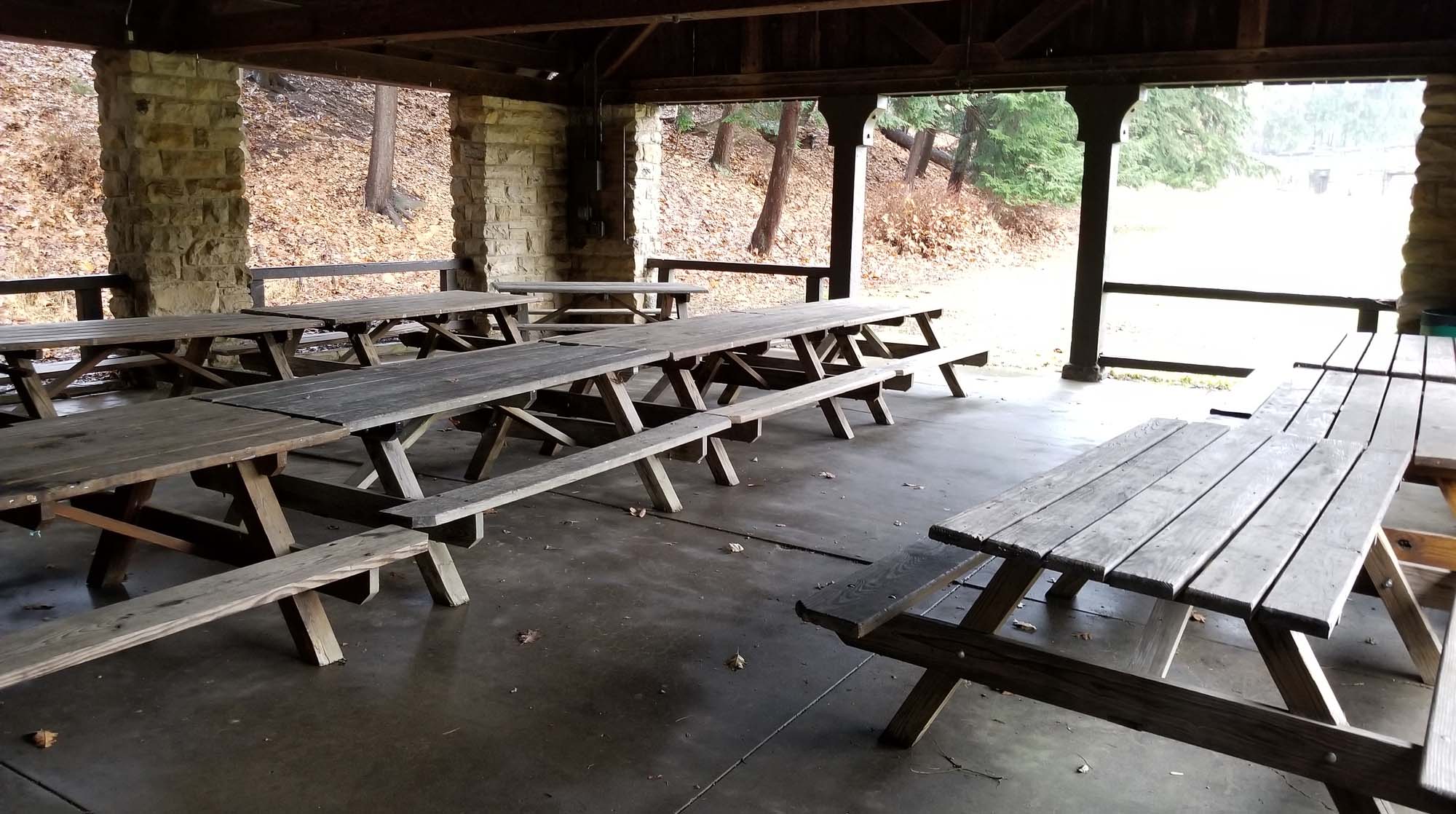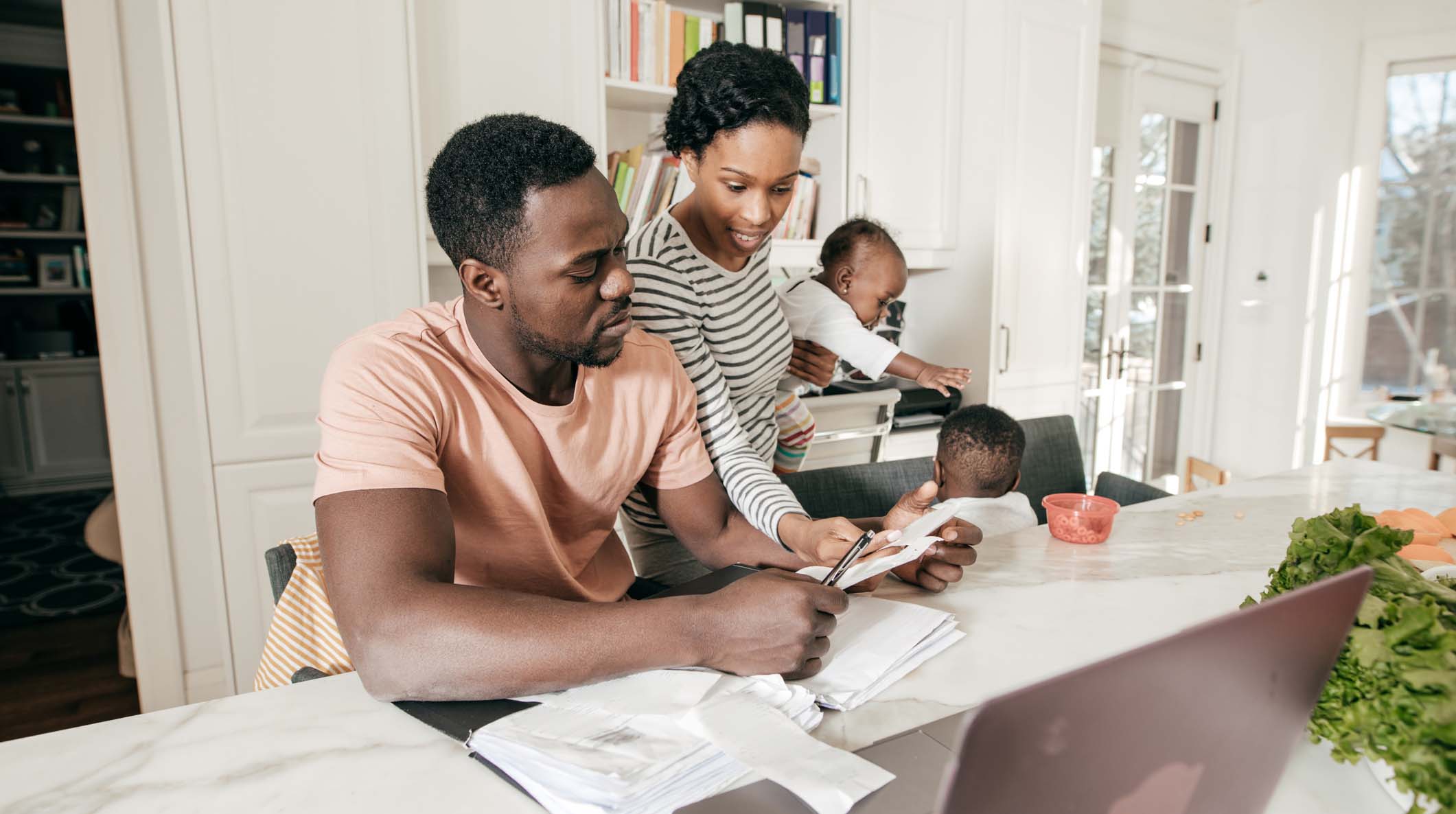
From big money moves to simply learning how to make do with less, the pandemic has compelled people to make smarter choices with their money — and some lessons can last long after things return to “normal.”
So, in addition to skipping that daily latte or cooking at home more, here are 11 savvy financial moves to consider:
Audit your subscriptions

You’ll be surprised at how quickly those $4.99-a-month subscriptions add up — and how easy it is to live without them. And if you're worried about totally ditching them, many subscription services have the "pause" option, which allows you to restart whenever you want without having to fill out a ton of information all over again.
Embrace the virtual office

Abby Wolf, a therapist in Burbank, California, gave up her office, since sessions have gone virtual anyway, for a savings of $850 per month. “The silver lining is this: I would never have done this if not for COVID-19. And now, I can work with anyone in the state of California,” she says.
Capitalize on the sports hiatus

Especially for kids who play on traveling teams, the unplanned sports hiatus has had certain upsides. Aaron Trahan, a self-proclaimed soccer dad in Camarillo, California, says the savings have been significant. “No soccer tournaments saved us a ton of money,” he says, which includes not just fees but also having to travel, stay at hotels, and eat out on the weekends they are out of town.
Embrace old-school family fun

“Family entertainment turned into lots of board games instead of going out,” adds Trahan. Settlers of Catan is their current favorite — and the family trades board games with friends to keep up the variety.
Bank your summer camp savings

With two school-age kids in pricey Los Angeles, I regularly pay upwards of $5,000 to keep them occupied in the summer — but not this year. (I’d love to say that all of it went to savings. Some of it did, though!)
Ditto, travel budgets

Summer travel got canceled, too. Amy Stein, a mother of two, had to cancel all of her summer trips, for a savings of more than $5,000 between Airbnbs and flights to Washington, D.C., and Mexico City.
Take advantage of what is offered

“We took advantage of no student loan payments and put it all in savings instead,” says Sally Miller, a librarian and mother of two in Los Angeles, whose student loan payments totals $700 every month. She also qualified for the public service loan forgiveness program. “We have never had savings,” she says.
Downsize to one car

With many parents and kids working from home, two cars can seem redundant. “We sold our second car, because we're not really driving much and figure a year of car payments can help pay for what I hope will be a celebratory vacation somewhere when it's safe to go,” says Marija Thomas, a mother of two in Highland Park, California.
Refinance

Mortgage rates are dipping below 3%, and plenty of folks are taking advantage. Ron Leiber, columnist for The New York Times, refinanced back in the spring. “Given that they’re just giving money away essentially in the mortgage market right now, it seemed like it was worth doing,” he wrote.
Have the money talk

“One of the most important financial moves that families can make right now is to simply talk about money, even with their kids,” says Ericka Pullin, senior vice president, research and strategy at the Texas-based Frost Bank. It has a proven impact on financial health — and Frost Bank’s research backs that up. People who discuss finances are more than twice as likely to have better financial health.
Stay positive

Your attitude about money matters, too, says Pullin. “Optimism is the belief that our behavior matters, and in the wake of challenges, a positive mindset can be used to navigate such challenges,” she says. “The challenges we’re facing in 2020 are very real, and most are out of our control. However, practicing optimism is something that is within our control right now.” Acting like an optimist — focusing on goals, seeking the perspective of others, and finding the right people to talk to — can improve financial health, even during a pandemic.




